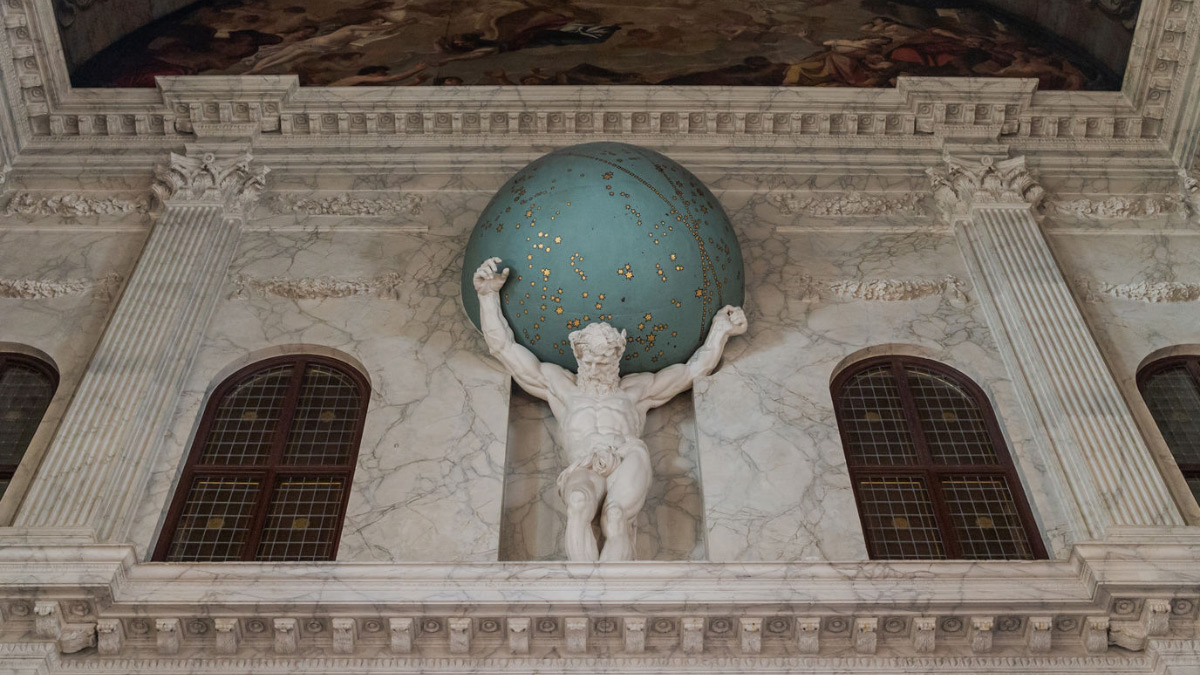Tomorrow is Ayn Rand’s birthday. A lot of people read and become taken with Rand as teenagers. In polls, her books Atlas Shrugged and The Fountainhead are routinely near the top of “most influential” lists, and organizations like the Ayn Rand Institute, the Atlas Society, and others study and promote her ideas with missionary zeal. What gives? Why?
In some circles, she is loved. In many others, she is hated. After all, she led what looks like a pretty miserable life punctuated by a long and bizarre affair with her protege Nathaniel Branden. As Bryan Caplan put it, many of her followers were (and are) “sour.”
But Caplan also puts Rand squarely in the Russian-Philosophical tradition of Fyodor Dostoevsky and Leo Tolstoy and the romantic tradition of Victor Hugo. Rand’s style made a lot more sense to me after I had read The Brothers Karamazov, and you can tell from Les Miserables that she was reading and re-reading it as she was writing Atlas Shrugged.
But most interestingly, and here again I agree with Caplan, Rand clearly understands what would later be called public choice theory—she published Atlas Shrugged in 1957, and it wouldn’t be until 1962 that the foundational text in public choice theory, James M. Buchanan and Gordon Tullock’s The Calculus of Consent, would be published—and she has a very keen grasp of predictable but unintended consequences.
I don’t love Atlas Shrugged because I see myself as some kind of hero in the old of John Galt, Henry Rearden, Dagny Taggart, or Francisco d’Anconia. The book captivates me because of how well it all holds together. To borrow the title of a book by the conservative lion Richard Weaver, Ideas Have Consequences. Atlas Shrugged is excellent precisely because it traces and explains exactly how some ideas lead to different consequences.
Consider just one of the villains from Atlas Shrugged: Eugene Lawson, the “banker with a heart” who made loans based on applicants’ “need” and not on the profitability of the loan. I put “need” in quotes because like a lot of economists I don’t really believe in “needs” because there are substitutes everywhere and a lot of different ways to solve problems.
In any event, Lawson makes loans based not on the careful evaluation of the creditworthiness of the borrowers and the expected profitability of their proposals. He is not, in short, like the heroic, compassion-bankrupt banker Midas Mulligan.
But alas, Lawson finds himself—and his depositors, and his customers—ruined. He doesn’t learn, of course, and finds ways to blame everyone but himself for his problems. It’s a pattern I recognize in myself and try to fight or avoid. Eugene Lawson? Not so much.
What’s most interesting in her discussion of the “banker with a heart” is that Lawson is also clearly a banker without a brain. And even this might be too kind: Rand argues implicitly that he doesn’t have a heart, either.
On what basis? The philosopher David Schmidtz has said that if your argument is that your heart is the right place, it isn’t. In Lawson’s case, he’s fundamentally rejecting a binding constraint on reality: you can’t prosper by producing things that are worth less than the resources used to produce them. What’s more, every dollar Lawson wasted on a bad project was a dollar he could have lent to someone abler or someone with a better idea. It’s hard to see how this would have led to an outcome worse than the poverty and misery Lawson’s enlightened, heart-led lending left in its wake.
Atlas Shrugged is captivating because it shows us some of the limitations of meaning well. You can’t reshape the world according to your aesthetic when that aesthetic is at odds with objective facts and constraints on reality like “something must be produced before it can be consumed.” Stubborn efforts to ignore these constraints on the part of characters like Eugene Lawson, James Taggart, and Wesley Mouch created a world that finally collapsed under the weight of its own corruption. And that, I think, is the book’s most important lesson: reality is non-negotiable, and efforts to resist are bound to end badly.









